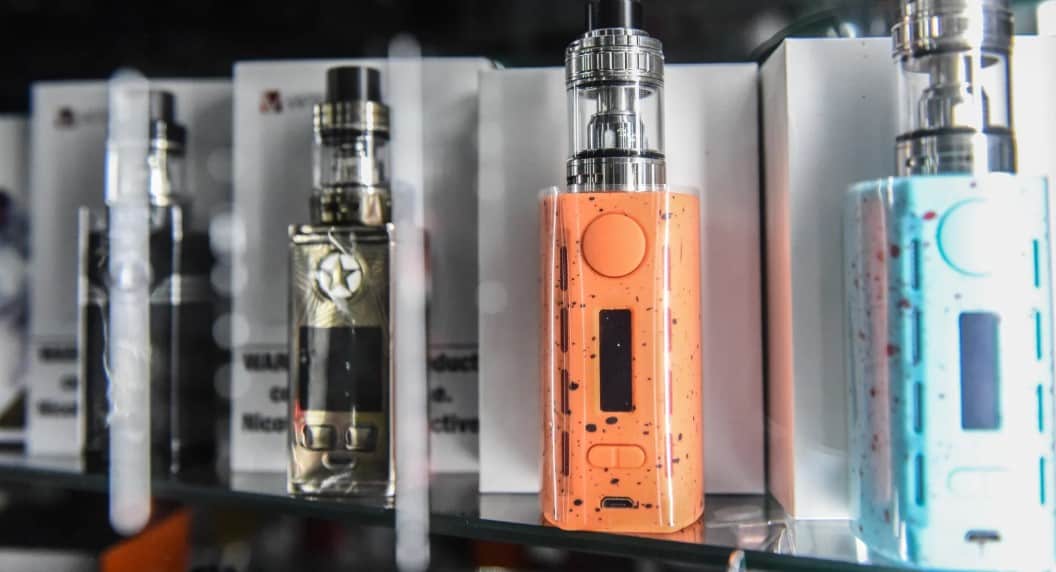The U.S. Food and Drug Administration has officially raised the legal smoking age from 18 t0 21. The measure marks a culmination of a monthslong, bi-partisan campaign aimed at curbing the use of tobacco products— particularly electronic cigarettes—among youth amid rising concerns about the health effects of vaping.
A new statement on the FDA’s website reads:
“On December 20, 2019, the President signed legislation to amend the Federal Food, Drug, and Cosmetic Act, and raise the federal minimum age of sale of tobacco products from 18 to 21 years. It is now illegal for a retailer to sell any tobacco product — including cigarettes, cigars and e-cigarettes — to anyone under 21.”
The FDA implemented the revision on the same day President Donald Trump signed the new age limit into law last week, part of a $1.4 trillion end-of-year spending package approved by Congress earlier this month. The federal agency plans to release additional details about implementing this new policy as they become available.
This revised age limit comes in response to a renewed popularity of tobacco products among teens within the last five years or so, specifically e-cigarettes. A 2019 National Youth Tobacco Survey found that more than 5 million youths currently use an e-cigarette product and 1 million vape daily. According to the report, while cigarette use continues to decline, 27.5 percent of high schoolers use e-cigarettes as opposed to just 20 percent in 2018. Researchers found Juul to be the most commonly reported brand among these users, a company infamous among public health professionals. They’ve frequently argued that the e-cigarette company targets its ads specifically toward teens, allegations which have prompted state and federal inquiries and led to multiple lawsuits.
For its part, Juul, alongside several other major tobacco companies, publically expressed its support for the revised legal age limit. Likely to stave off other, potentially more restrictive regulations and to keep their products from being banned outright. And because advocating that teens—a demographic most researchers consider to be the most at risk of developing nicotine addictions—should be allowed to vape is PR suicide.
Senator Tim Kaine, who introduced the legislation with Senate Majority Leader Mitch McConnell in May, called the Senate’s approval of this new legal age limit earlier this month “one of many steps we should take to tackle the youth e-cigarette epidemic that touches every corner of our nation.”

